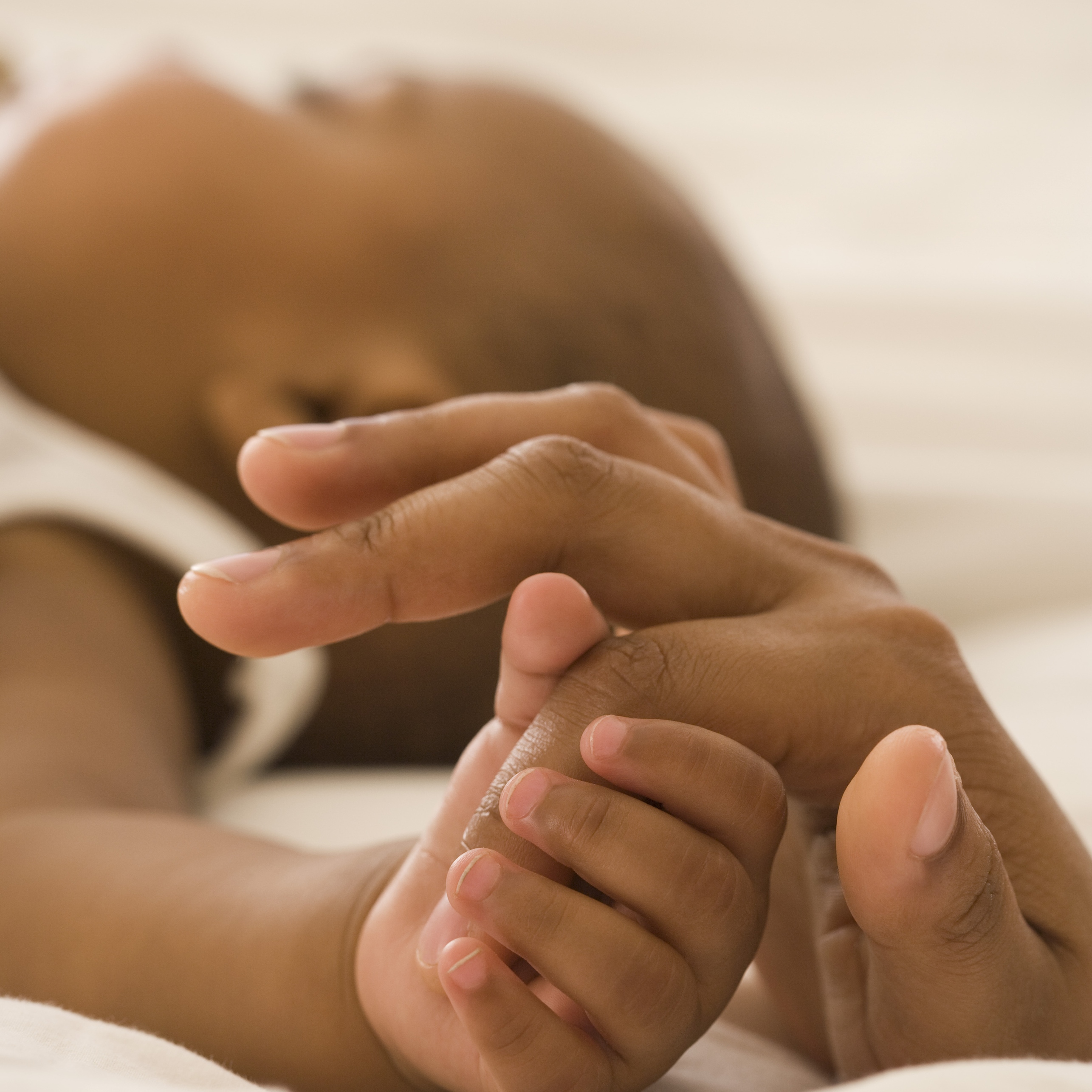Attachment Theories: Weathering Our Childhood
(4- Continuing Education Hours)

Course Description
Attachment Theories offer an ethological approach to social and personality development. These theories propose that evolutionary forces have endowed infants with genes that predispose them to form emotional bonds with their caregivers. In this course, emphasis will be placed on the significance of early childhood relationships. Further focus will be given to clinical treatment, case management, child welfare and protective services to individuals and families within the continuum of the social work field.
Course Outline
Course Title: Attachment Theories: Weathering Our Childhood
Instructor: Trélan Nicole Holder, MS, LCSW
Contact Hours/CEUs: 4-Hours
Format: Online Self-Study Course (Text-based Readings and Videos)
Process: Register and pay for course. Read content online.
Pass online posttest and print certificate of completion. Registrants can access course for 1-year from date of registration.
Learning Objectives
- Define Attachment Theory
- Define Ethology
- Apply attachment theory in the context of typical child development
- Apply attachment theory in the context of early childhood education and school socialization
- Apply attachment theory in the context of child maltreatment
- Identify the (4) phases of attachment as defined by John Bowlby
- Identify the (2) forms of attachment as defined by Mary Ainsworth
- Identify the (4) categories of attachment as defined by Mary Ainsworth
- Compare and contrast Object Relations and Attachment Theories
- Apply attachment theory as it relates to early and adult interpersonal relationships
Course Features
- Lectures 36
- Quizzes 7
- Duration 50 hours
- Skill level All levels
- Language English
- Students 9
- Certificate No
- Assessments Self
-
Module 1: Course Overview and Pre-Test
-
Module 2: Theoretical Perspectives
Ethology, Attachment and the Significance of Early Childhood Experiences
-
Module 3: Good-enough-fit
Primary Attachment Relationships through the Lens of Object Relations and Neurosciences
-
Module 4: Child Abuse and neglect
How Trauma Can Affect Brain Architecture
Course Features
- Lectures 36
- Quizzes 7
- Duration 50 hours
- Skill level All levels
- Language English
- Students 9
- Certificate No
- Assessments Self
